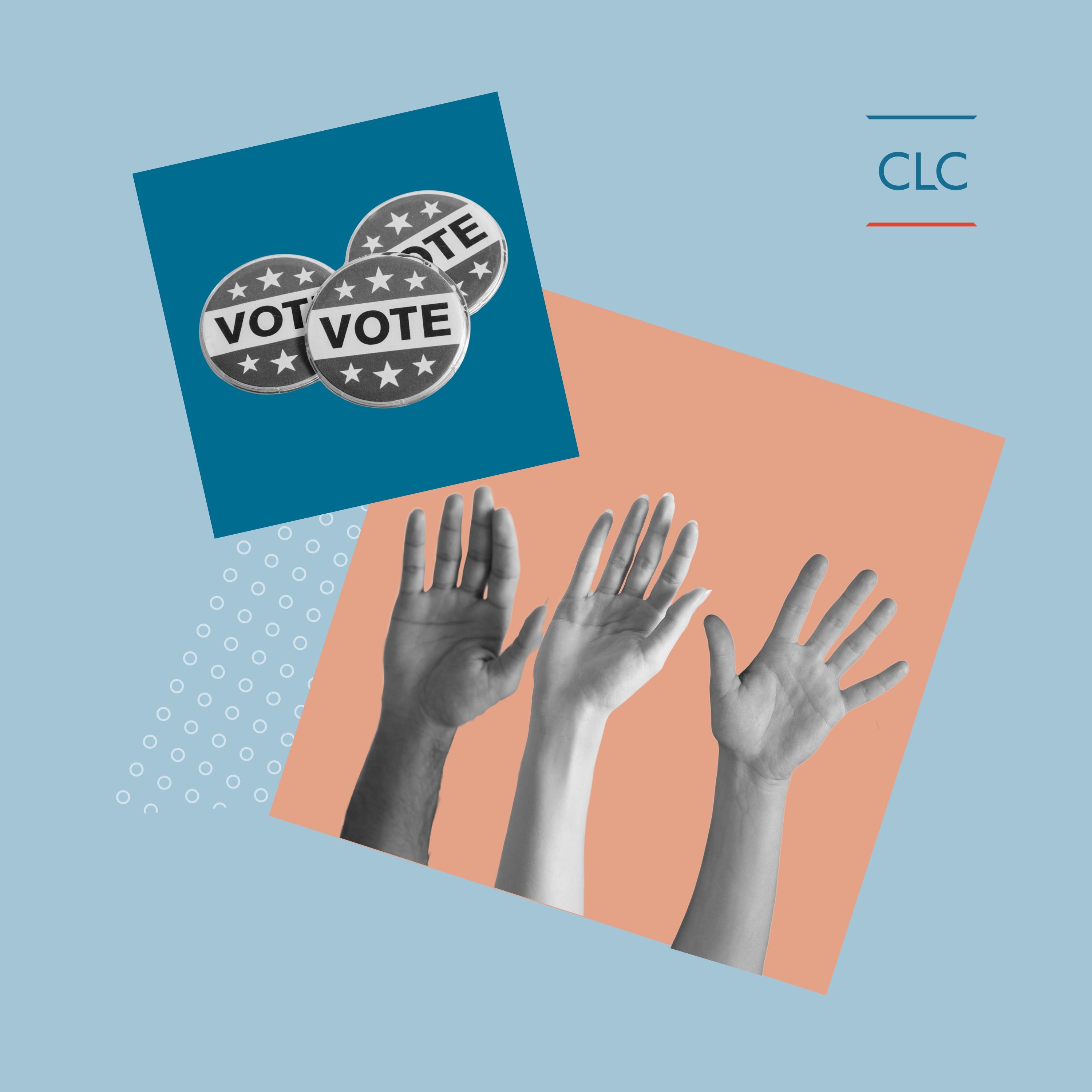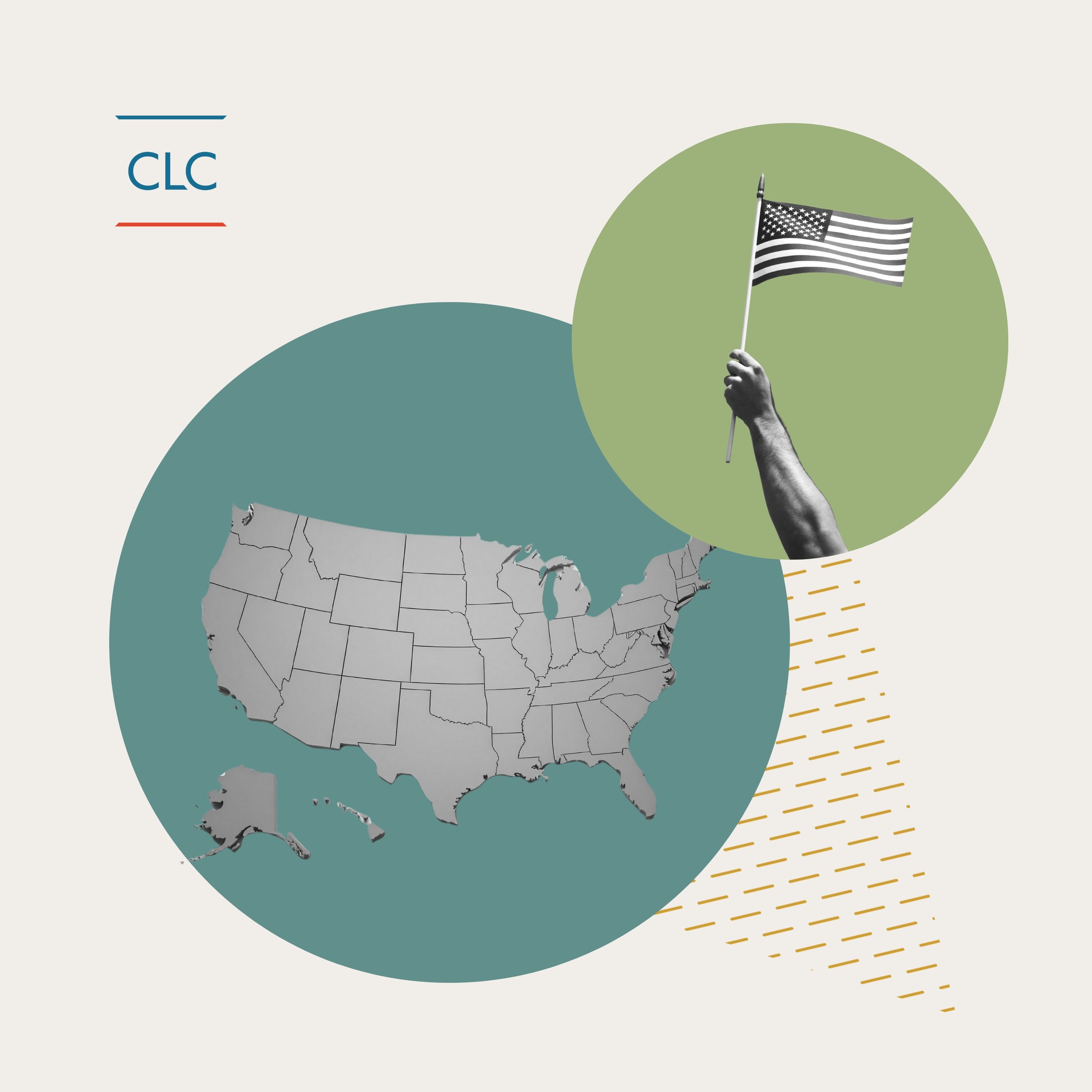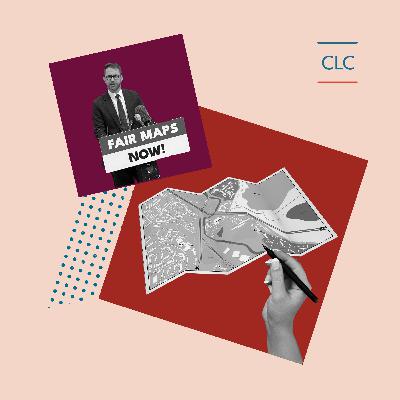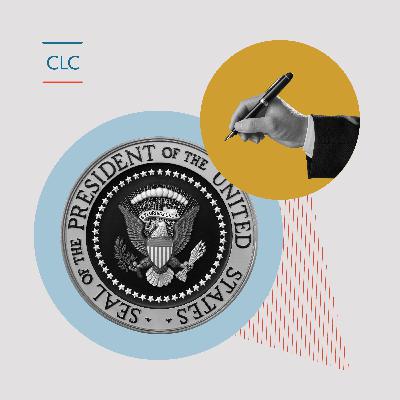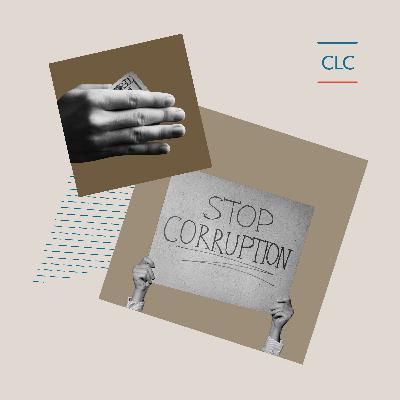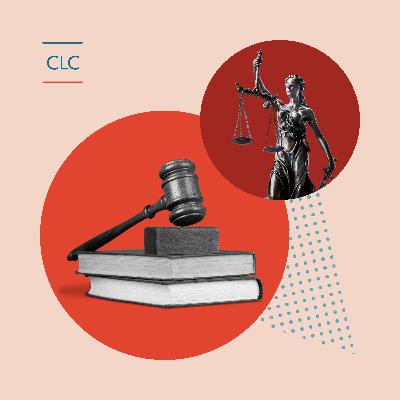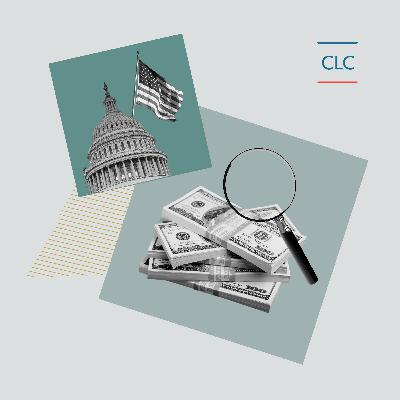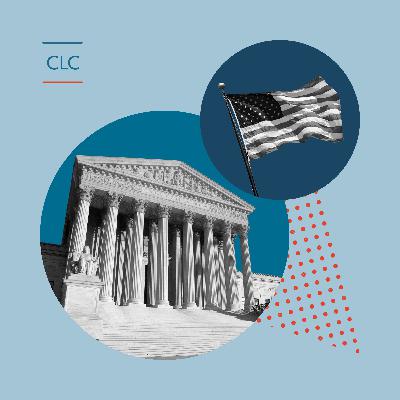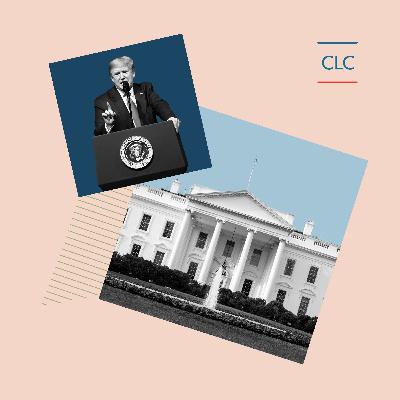Know Your Rights as a Voter
Description
Imagine you’re at home when you hear a knock. At your door are people who want you to share, in detail, who you voted for in the last election, months ago. When you ask them who they are and where they’re from, they remain vague and perhaps even aggressive.
This was the case for some Americans in the years after the 2020 election, part of a spate of behaviors by election skeptics and deniers that, in some cases, amounted to voter intimidation. The history of voter intimidation in the United States is sordid and violent, especially in the century between the U.S. Civil War and the passage of strong voter protections in the 1960s. But it’s important to remember that voter intimidation is against the law. Whether you’re voting in-person, by mail or via election dropbox, you should never be made to feel unsafe or intimidated while exercising your freedom to vote..
Carly Koppes, the clerk and recorder of Colorado’s enormous Weld County, describes to us the steps she and fellow officials took when they received reports of unwelcome and unofficial vigilante election “auditors” going door to door in 2021. Christina Das of the NAACP Legal Defense Fund walks us through the bleak history of voter intimidation in America. And CLC’s Jonathan Diaz explains how voter intimidation has evolved to become sneakier and more subversive in the digital age — and the steps you can take if you encounter it.
Nationwide nonpartisan Election Protection (EP) hotline:
866-OUR-VOTE (866-687-8683)
Host and Guests:
Simone Leeper litigates a wide range of redistricting-related cases at CLC, challenging gerrymanders and advocating for election systems that guarantee all voters an equal opportunity to influence our democracy. Prior to arriving at CLC, Simone was a law clerk in the office of Senator Ed Markey and at the Library of Congress, Office of General Counsel. She received her J.D. cum laude from Georgetown University Law Center in 2019 and a bachelor’s degree in political science from Columbia University in 2016.
Carly Koppes has been working in the Weld County Clerk and Recorder’s office for twenty years starting in June of 2004. Her main department was the Election department, but she has also worked in the Recording and Motor Vehicle departments during her time working for the Clerk and Recorder office. She received her Colorado Election Official Certification from the Colorado Secretary of State in October 2007 and finished up her national designation of Certified Elections/Registration Administrators (CERA) through the Elections Center's Professional Education Program at Auburn University in July of 2014. Carly is a 2016 graduate of the Leadership Program of the Rockies and in 2019 she received her Public Leadership certification from Pepperdine University through the International Association of Government Officials. Carly was also honored along with the Colorado County Clerks Association to receive the Defender of Democracy Award from The Center for Election Innovation and Research in 2022. In 2023 Carly was appointed to the national Local Leadership Council of the Election Assistance Commission and was elected as the Vice Chair of the Council. Carly is the youngest person to be elected to the position of Weld County Clerk and Recorder. Carly is currently serving on the Executive Board for the Colorado County Clerks Association; Carly was President of the Colorado County Clerks Association in 2021 and will serve as President in 2026.
Christina Das is Counsel on the Black Voters on the Rise team with LDF, an interdisciplinary team leading year-round election protection and election administration advocacy efforts across the South, using legal, organizing, and advocacy tools to defend and advance the rights of Black voters to participate in our democracy. Christina’s experience includes executing strategic campaigns to expand voter access, such as passing legislation for in-person Early Voting in South Carolina in 2022 and working with state-based coalitions to implement jail-based polling places for eligible detained individuals across Texas. She co-leads the national Election Protection Working Group for Jail and Post-Release Voting and has been working with system impacted individuals over the past four years to break down procedural barriers to accessing the ballot behind bars. Christina will lead LDF's election protection program in Texas for the 2024 cycle and support ongoing litigation efforts. Post-election, she works to safeguard the election certification process from any targeted sabotage efforts, as well as working on future policy and election administration reforms at the local, state, and federal level.
Jonathan Diaz is Director for Voting Advocacy and Partnerships at Campaign Legal Center. Jonathan helps lead CLC’s work on combating election manipulation and participates on behalf of CLC on a number of democracy reform coalitions, coordinating CLC's work with partner organizations at the national, state and local levels. He also litigates voting rights cases across the United States, including VoteAmerica v. Raffensperger (N.D.Ga.), LUCHA v. Fontes (D.Ariz.), and Raysor v. Lee (N.D.Fla./11th Cir./SCOTUS). Jonathan frequently provides commentary on voting rights and election law issues in the media; he has been quoted in publications including the New York Times, Miami Herald, and ProPublica, and has appeared on Univision, NPR, and CNN, where he was an election law analyst during the 2020 election cycle.
Links:
Is Voter Intimidation Illegal? What Should I Do If I Experience It? - Campaign Legal Center
Texas Appeals Court Overturns Crystal Mason’s Conviction, 5-Year Sentence for Illegal Voting - The Texas Tribune
Voter Intimidation in 2022 Follows a Long History of Illegal and Racist Bullying - The Conversation
Retro Report: Poll Watchers and the Long History of Voter Intimidation - PBS LearningMedia
How to Navigate Intimidation and Other Obstacles to Voting - CNN
About CLC:
Democracy Decoded is a production of Campaign Legal Center, a nonpartisan nonprofit organization which advances democracy through law at the federal, state and local levels, fighting for every American’s right to responsive government and a fair opportunity to participate in and affect the democratic process. Learn more about us.
Democracy Decoded is part of The Democracy Group, a network of podcasts that examines what’s broken in our democracy and how we can work together to fix it.
Hosted by Simplecast, an AdsWizz company. See pcm.adswizz.com for information about our collection and use of personal data for advertising.


